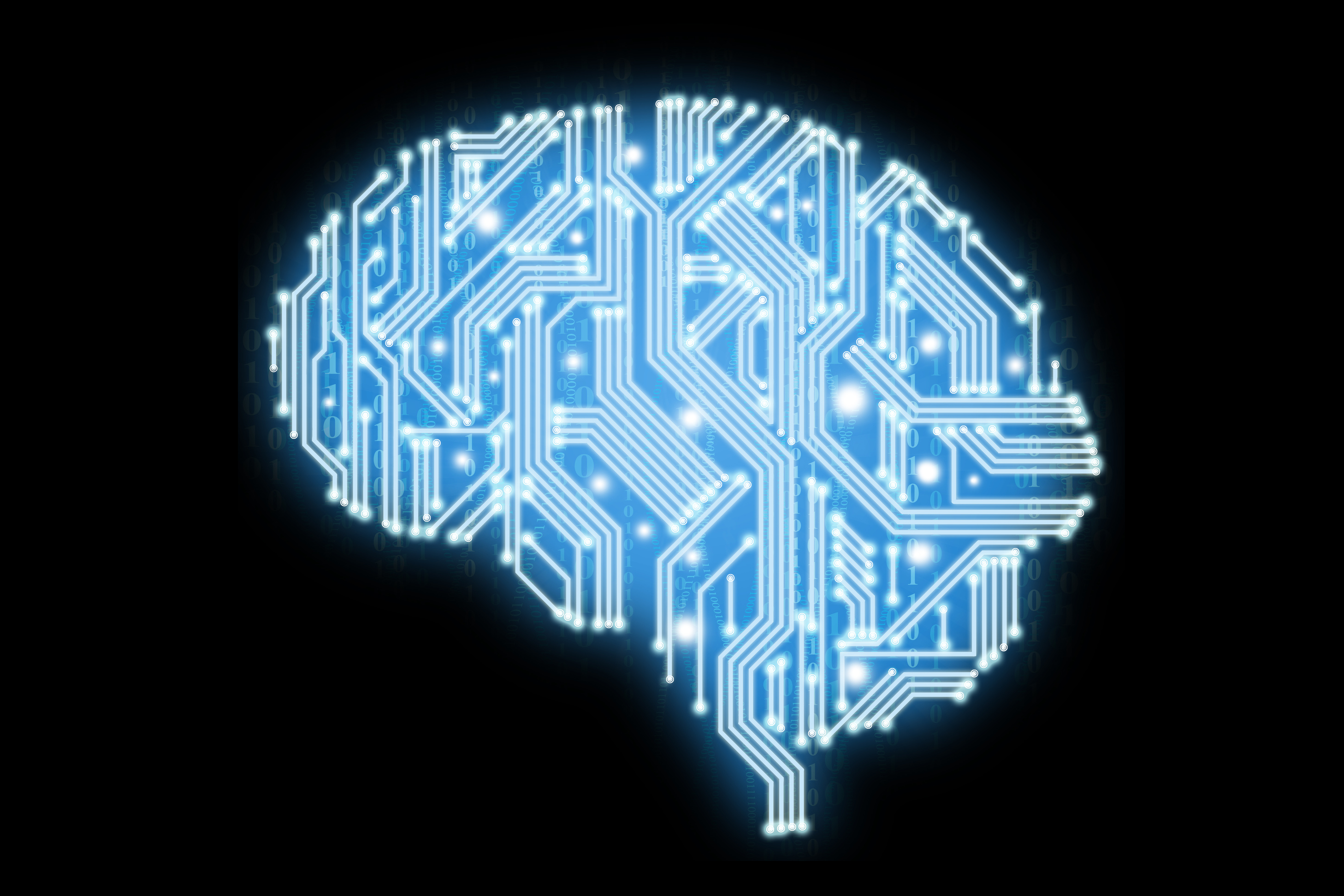AI software learns to self-replicate
Machine learning software could take over the roles of programmers

Leading researchers have found that software with learning capabilities might be able to take over parts of their job: creating machine-learning software.
The Google Brain research group, which aims to create intelligent machines that are aware of their own features end-to-end, conducted an experiment involving software creating a machine-learning system. The software would then use this self-created system to take a test used to gauge language-processing software.
Results from this experiment showed that the software's self-created system surpassed previous results from software designed by humans.
Other groups have also been experimenting with this concept in recent months, including MIT, OpenAI, the University of California, Berkeley, and Google's other artificial intelligence research group, Google DeepMind.
Currently, researchers creating this kind of advanced software are paid premium salaries due to limited numbers and high demands. If the very software they create could recreate itself, however, would these researchers still be relevant?
According to MIT Technology Review, Jeff Dean, leader of the Google Brain research group, is considering the same question.
"Currently, the way you solve problems is you have expertise and data and computation," he said during an AI Frontiers conference. "Can we eliminate the need for a lot of machine-learning expertise?"
Sign up today and you will receive a free copy of our Future Focus 2025 report - the leading guidance on AI, cybersecurity and other IT challenges as per 700+ senior executives
Although the idea of machines capable of learning has been around for quite some time, previous findings had not been comparable to human-made software until very recently. Current advancements have been attributed to potent computing power and deep learning software "that attempts to mimic the activity in layers of neurons in the neocortex".
Still, this type of technology requires such an immense amount of computing power that it's not yet considered practical to replace human experts with the software they've created.

